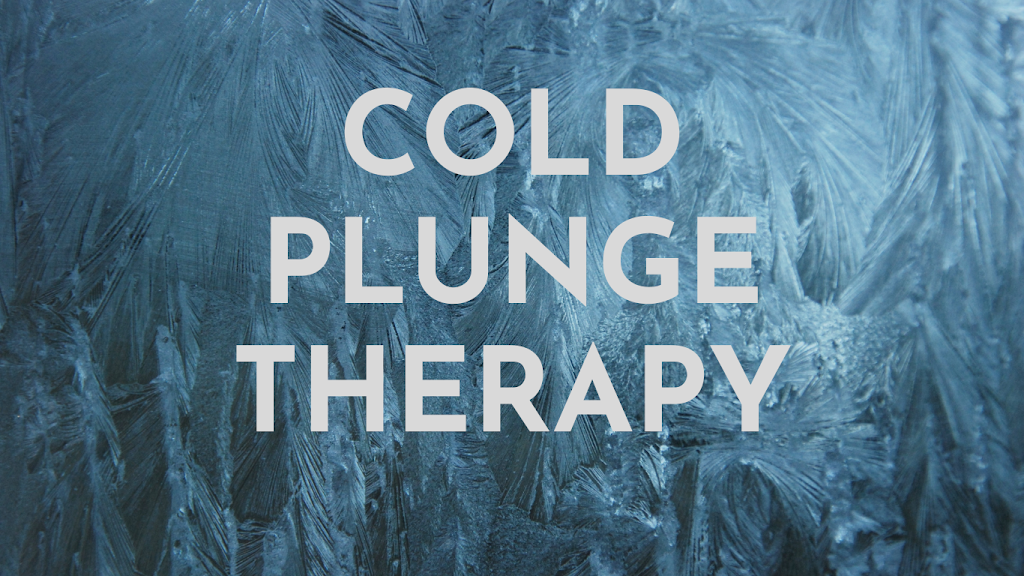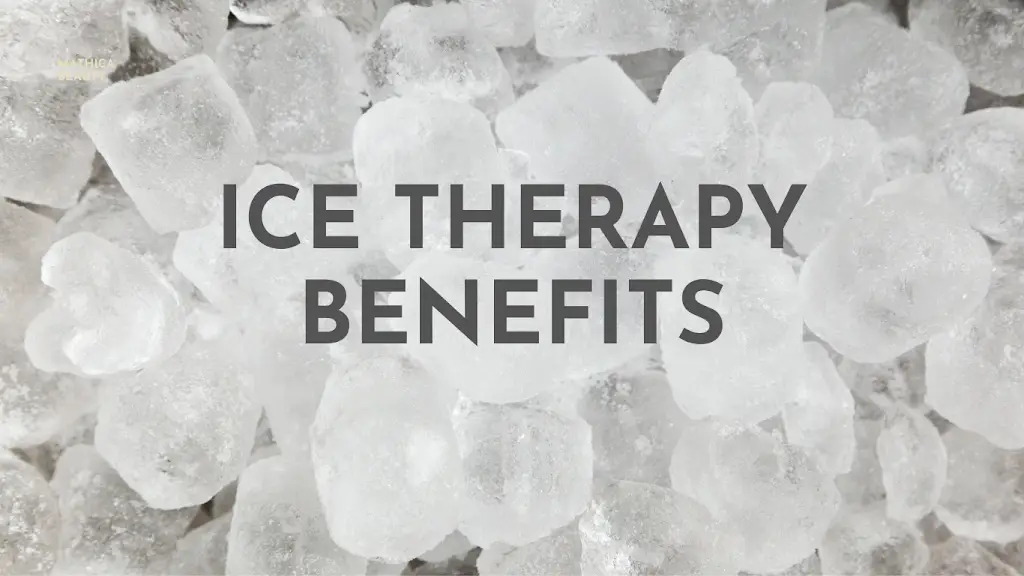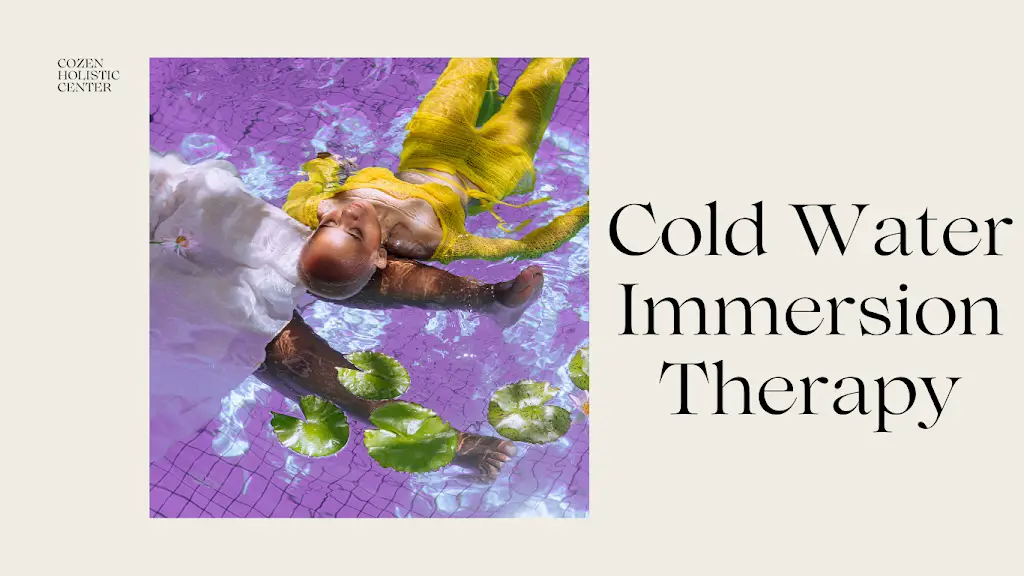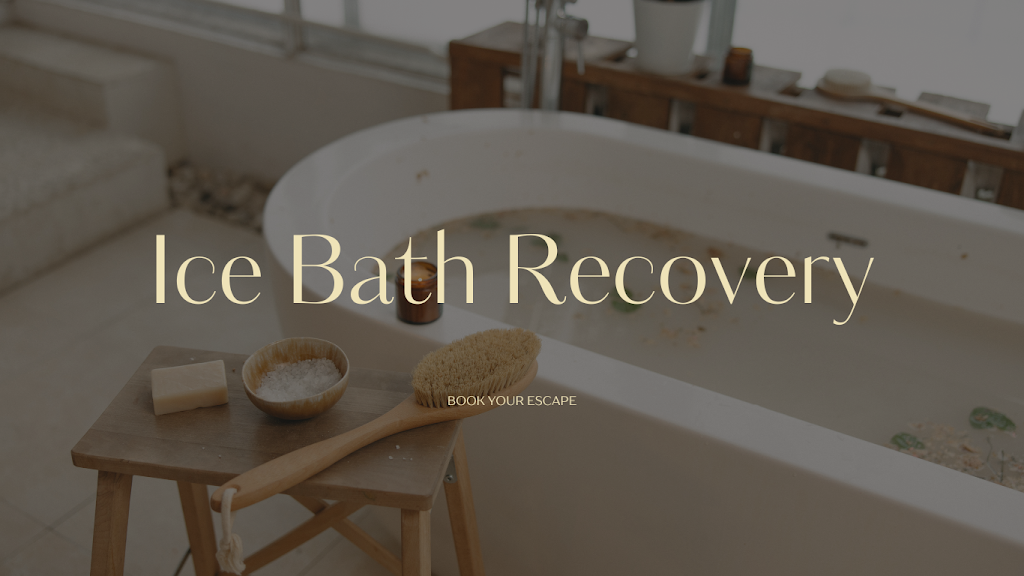Cold
Plunge Therapy: The Science and Benefits
Plunge Therapy: The Science and Benefits
Cold
water has been used for centuries as a natural therapy to treat a wide range of
health conditions. In recent years, the use of cold water therapy has gained
popularity among athletes and fitness enthusiasts as a way to speed up
recovery, reduce muscle soreness and enhance physical performance. One of the
most popular forms of cold water therapy is the cold plunge, which involves
immersing the body in cold water for a short period of time. In this article,
we will explore the science behind cold plunge therapy and its benefits for
physical and mental health.
What
is Cold Plunge Therapy?
Cold
plunge therapy involves immersing the body in cold water for a short period of
time, typically between 1 to 5 minutes. The water temperature in a cold plunge
is usually between 50 and 60 degrees Fahrenheit (10 to 15 degrees Celsius),
although some people prefer to use even colder water. The idea behind cold
plunge therapy is to expose the body to extremely cold temperatures, which can
trigger a number of physiological responses that can have therapeutic benefits.
How
Does Cold Plunge Therapy Work?
When
the body is exposed to cold water, several physiological responses occur. The
first response is vasoconstriction, which is the narrowing of the blood vessels
in the body. This helps to reduce blood flow to the surface of the skin and
other non-essential organs, which helps to conserve heat and maintain core body
temperature. The second response is the activation of the sympathetic nervous
system, which triggers the release of adrenaline and other stress hormones.
This can help to increase heart rate, blood pressure, and respiration rate,
which can have a stimulating effect on the body.
The
third response is the release of endorphins, which are natural painkillers
produced by the body. Endorphins can help to reduce pain and inflammation,
which can be beneficial for athletes and people suffering from chronic pain
conditions. The fourth response is the activation of the immune system, which
can help to increase the production of white blood cells and other immune cells
that can help to fight off infections and other pathogens.
What
are the Benefits of Cold Plunge Therapy?
Cold
plunge therapy has a number of potential benefits for physical and mental
health. Here are some of the most notable benefits:
1. Reduced Muscle Soreness
One
of the primary benefits of cold plunge therapy is its ability to reduce muscle
soreness and accelerate recovery after exercise. Cold water immersion has been
shown to help reduce muscle damage, inflammation, and oxidative stress, all of
which can contribute to post-exercise soreness and fatigue. In fact, many
professional athletes and sports teams use cold plunge therapy as a way to
speed up recovery and reduce the risk of injury.
2. Increased Athletic Performance
Cold
plunge therapy has also been shown to enhance physical performance,
particularly in high-intensity activities like sprinting and weightlifting. The
activation of the sympathetic nervous system and the release of adrenaline and
other stress hormones can help to increase energy, focus, and motivation, which
can be beneficial for athletes and fitness enthusiasts.
3. Improved Immune Function
Cold
plunge therapy has been shown to have a positive effect on immune function. The
activation of the immune system can help to increase the production of white
blood cells and other immune cells that can help to fight off infections and
other pathogens. Cold water immersion has also been shown to increase the
production of anti-inflammatory cytokines, which can help to reduce
inflammation and boost immune function.
4. Reduced Inflammation
Inflammation
is a natural response of the body to injury and infection, but chronic
inflammation can contribute to a number of health problems, including
arthritis, cardiovascular disease, and cancer. Cold plunge therapy has been
shown to help reduce inflammation by decreasing the production of
pro-inflammatory cytokines and increasing the production of anti-inflammatory
5. Improved Mental Health
Cold
plunge therapy has also been shown to have benefits for mental health. Exposure
to cold water can trigger the release of endorphins, which are natural
painkillers produced by the body. Endorphins can help to reduce stress,
anxiety, and depression, and promote feelings of relaxation and well-being.
Cold water immersion has also been shown to increase levels of norepinephrine,
a neurotransmitter that is involved in mood regulation and cognitive function.
6. Improved Circulation
The
vasoconstriction response that occurs during cold plunge therapy can also have
benefits for circulation. When blood vessels constrict, the blood is forced to
flow through narrower channels, which can increase blood pressure and improve
blood flow to the extremities. This can be particularly beneficial for people
with circulatory problems, such as Raynaud’s disease or peripheral artery
disease.
7. Enhanced Skin Health
Cold
plunge therapy can also have benefits for skin health. Exposure to cold water
can help to tighten pores and reduce inflammation, which can help to reduce the
appearance of blemishes and other skin imperfections. Cold water immersion has
also been shown to increase blood flow to the skin, which can promote healthy
skin cell regeneration and improve skin tone and texture.
8. Improved Sleep Quality
Cold
plunge therapy has also been shown to have benefits for sleep quality. Exposure
to cold water can help to reduce stress and promote relaxation, which can be
beneficial for people who have trouble sleeping. Cold water immersion has also
been shown to increase levels of melatonin, a hormone that regulates sleep and
wake cycles.
9. Weight Loss
Cold
plunge therapy has also been shown to have benefits for weight loss. Exposure
to cold water can activate brown adipose tissue (BAT), which is a type of fat
that burns calories to generate heat. Regular cold water immersion can help to
increase BAT activity, which can help to boost metabolism and promote weight
loss.
10. Reduced Risk of Injury
Finally,
cold plunge therapy may also help to reduce the risk of injury. Exposure to
cold water can help to reduce inflammation and promote recovery, which can help
to prevent injuries from occurring in the first place. Cold plunge therapy can
also help to improve flexibility and range of motion, which can reduce the risk
of muscle strains and other types of injuries.
Conclusion
Cold
plunge therapy is a natural therapy that involves immersing the body in cold
water for a short period of time. This therapy has a number of potential
benefits for physical and mental health, including reduced muscle soreness,
improved athletic performance, improved immune function, reduced inflammation,
improved mental health, improved circulation, enhanced skin health, improved
sleep quality, weight loss, and reduced risk of injury. If you are interested
in trying cold plunge therapy, it is important to start slowly and gradually
increasing the duration and intensity of your cold water immersion sessions
over time. As always, it is important to consult with your doctor before
starting any new health or fitness program.





